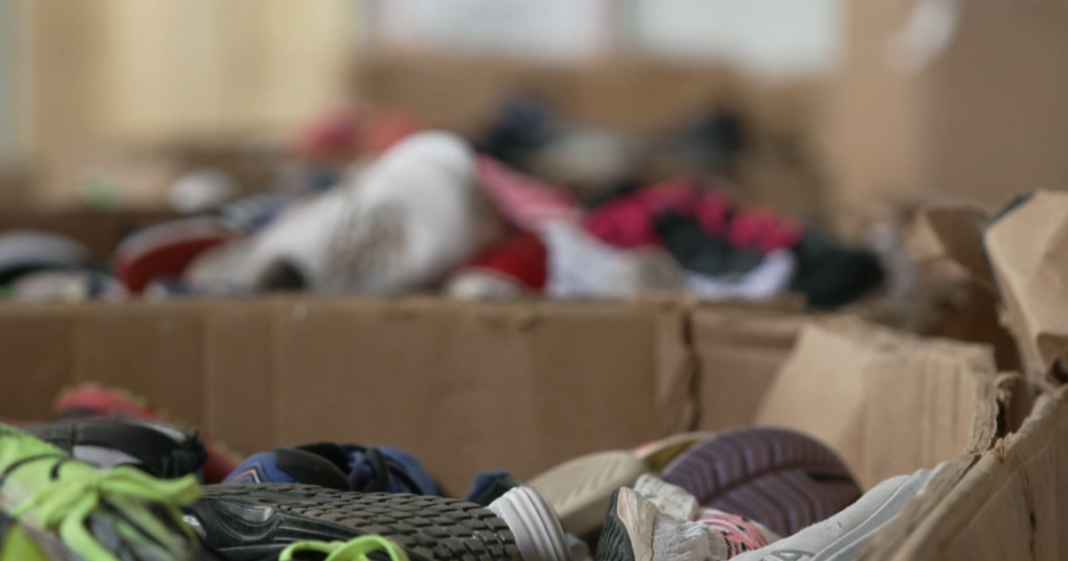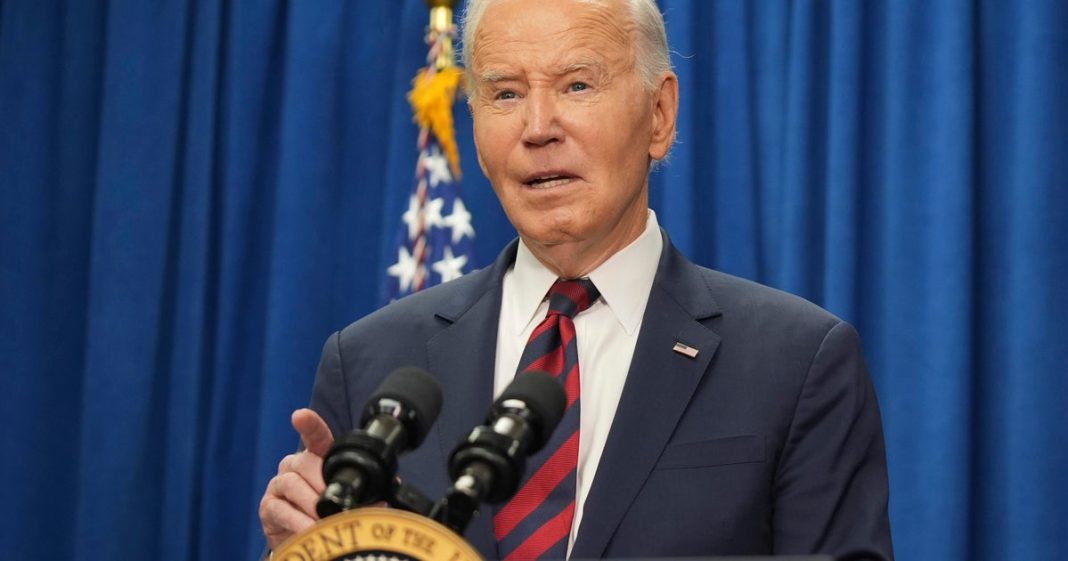Miami — A donation box at the Brickell Run Club in Miami, Florida, asks runners to recycle used sneakers that would otherwise wind up in the trash.
“Typically, on a weekly basis, we’ll probably get, I don’t know, maybe, 20 pairs of running shoes that people have decided to part ways with,” said Frankie Ruiz, the club’s founder. “…We collect them every week. We fill up one of these boxes, typically, once or twice a month.”
They are one of several such drop-off locations across the United States for the used shoes that are then collected by the for-profit recycling company Sneaker Impact.
“I think this is an excellent solution,” Ruiz said. “For the avid runner, they’re switching out their shoes every three to four months.”
The shoes are taken to Sneaker Impact’s warehouse at its headquarters near Miami’s Little Haiti neighborhood. Shoes that arrive at Sneaker Impact are sorted to either be reused or recycled, depending on their condition. Sneaker Impact says it gets over one million shoes per year.
“It’s all about accountability, sending the right product to the right market,” Sneaker Impact founder and CEO Moe Hachem told CBS News. “Sneakers are a necessity in the developing world. They are a form of transportation.”
All the reusable shoes are shipped outside of the U.S., where they’re eventually resold by mom-and-pop shops in the developing world in nations such as Haiti, Honduras, Guatemala and Bolivia.
“You’re not only reducing waste here at home, you are creating microbusiness opportunities in a developing country,” Hachem said.
Shoes that are not shipped out for resale by Sneaker Impact are crushed and given a second life as foam, rubber or textiles.
“Those could be made into flooring, into mats, into tiles,” Hachem said. “And we’ve also made a sandal from 85% sneaker foam.”
He said his goal in founding Sneaker Impact was to develop an environmentally friendly way to do business.
“This is important, there is no planet B. Sneaker Impact should be the last resort — reuse, upcycle, gift to your neighbors,” Hachem said.
He said he hopes other companies replicate the type of work he’s doing
“We have no other competition,” Hachem said. “The only competition we have are landfills.”




